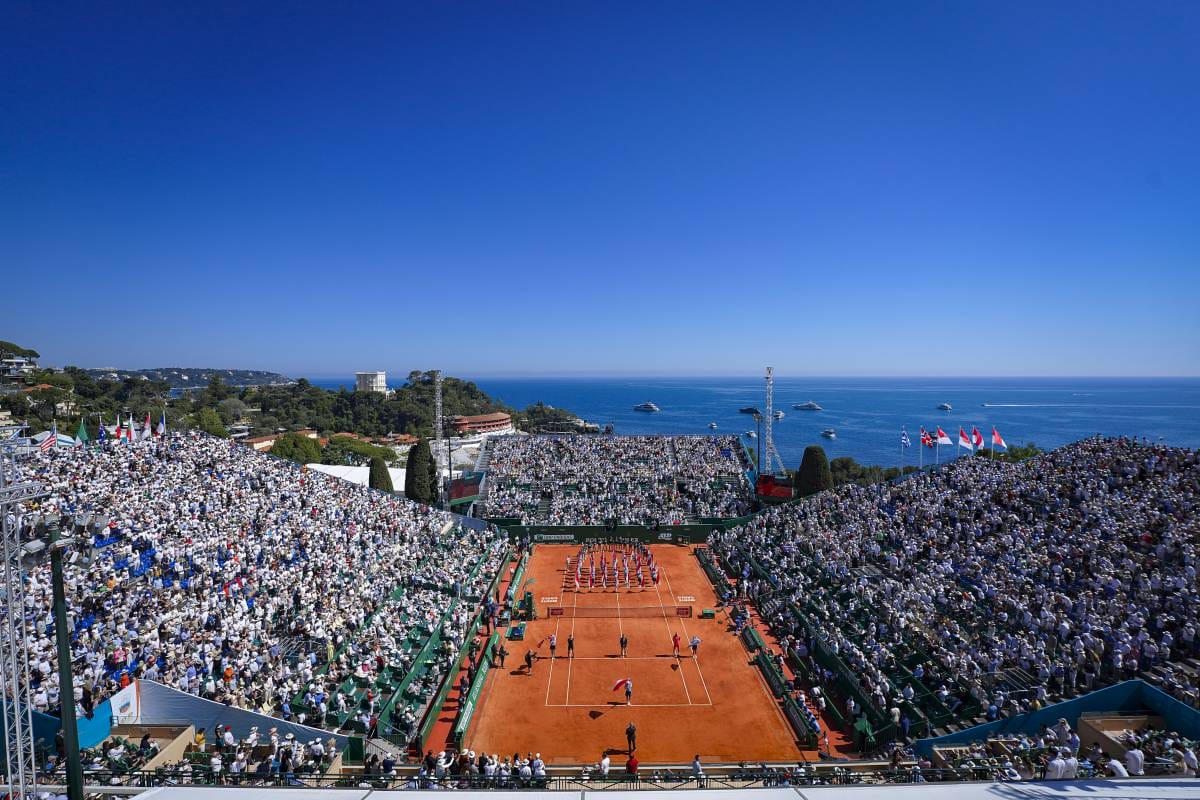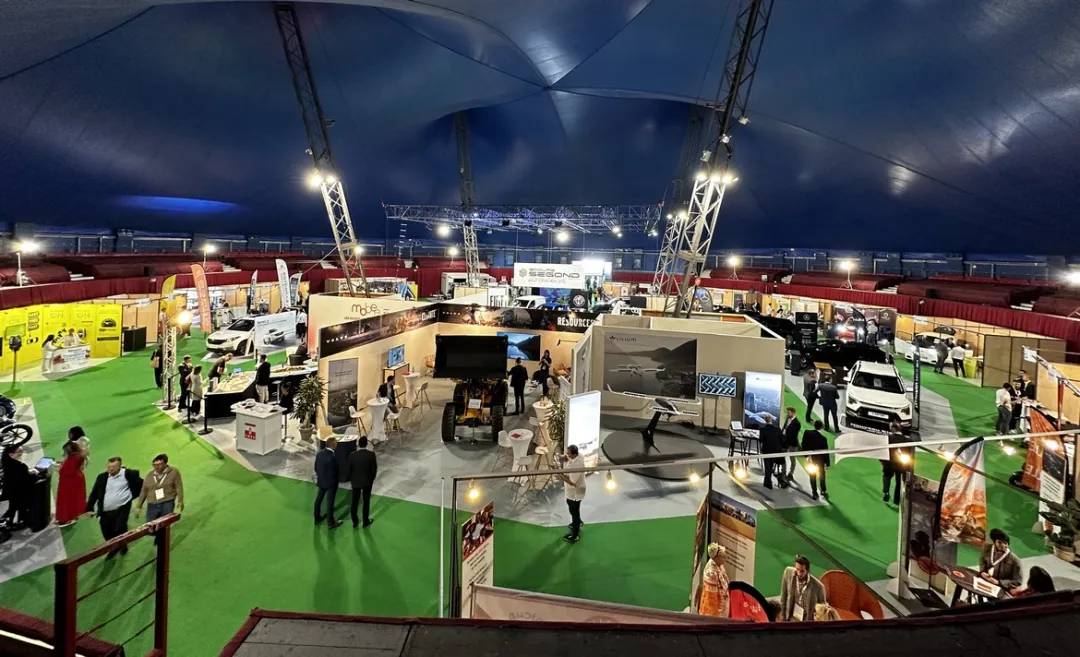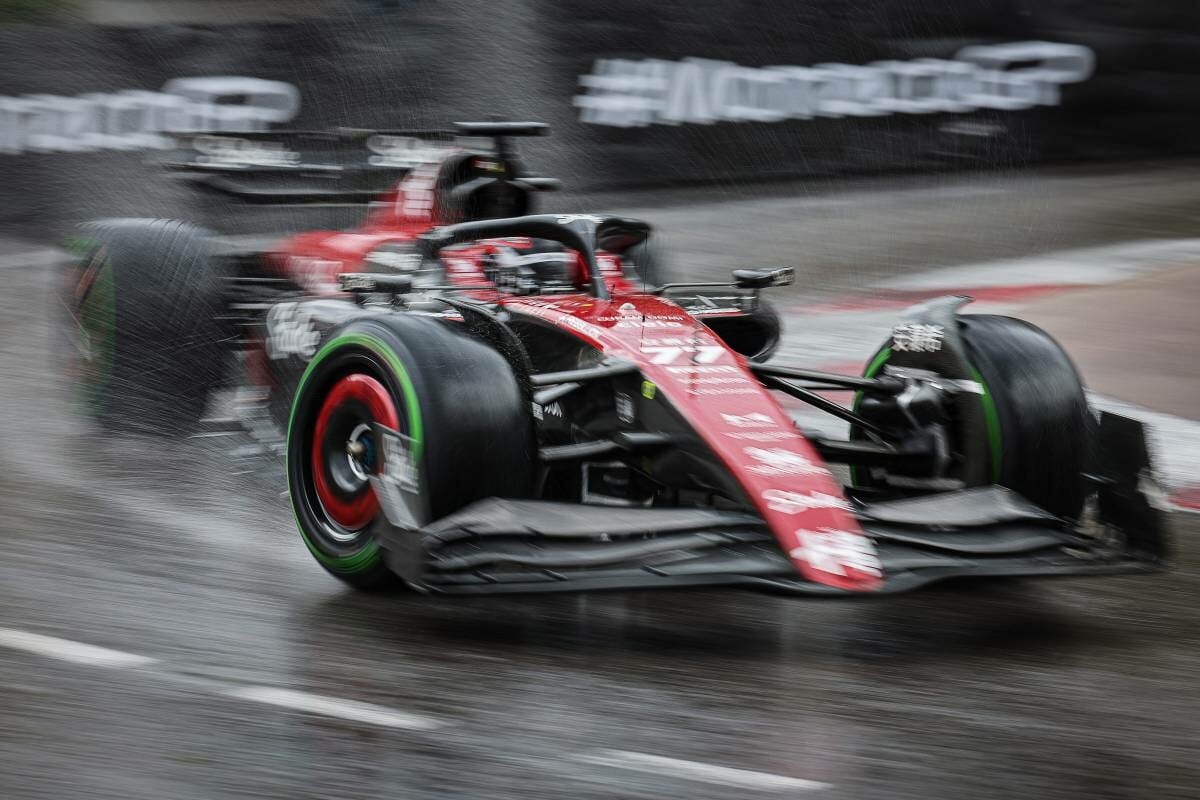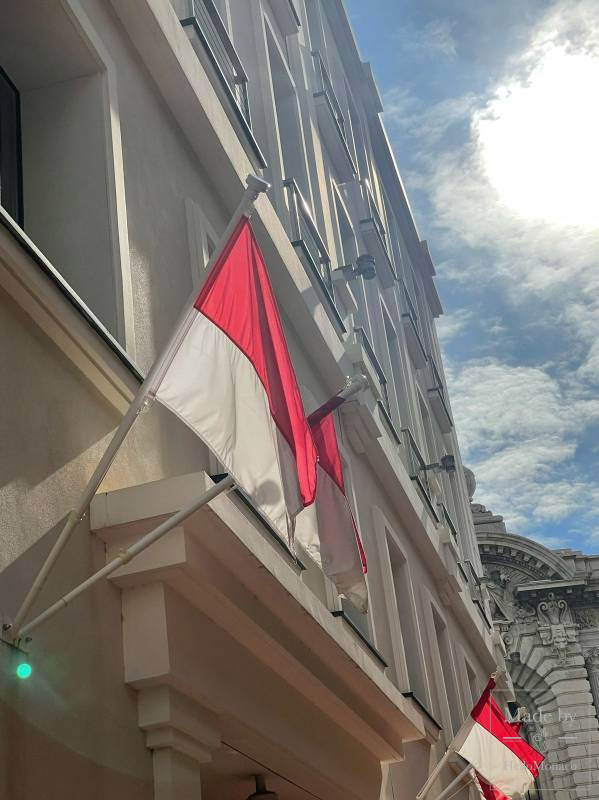The road to sustainability is neither smooth nor straight, but Monaco and France are inching closer to the horizon where electric vehicles take up a much greater share of the landscape. At the Ever Monaco 2024 forum, held at the Grimaldi Forum, experts, innovators, and policymakers gathered to explore the progress and hurdles of this pivotal shift from petrol engine driven vehicles to electric mobility.
A Slow Burn, Not a Full Spark
Electric vehicles (EVs) are making steady inroads into the car fleets of France and Monaco. While not moving at breakneck speed, the adoption of EVs offers hope. France saw electrified vehicles account for 20% of car sales in October 2024, a significant marker of progress despite the broader automotive market suffering its worst slump in decades.
In Monaco, the journey is equally telling. As of 2024, over 9,000 vehicles in the Principality are either electric or hybrid, marking a substantial rise from just 6% of the fleet in 2019 to also not far off 20% today.
There’s quite a challenge now across France and Monaco especially with the current slow-down in momentum. 2035 is looming as an important deadline for the phase-out of petrol-driven vehicles. There has to be a pick-up in pace.
The Barriers to Acceleration
Despite increased awareness and incentives, several roadblocks hinder faster adoption. Consumers face high upfront costs, despite long-term savings on maintenance and fuel. Charging infrastructure, while growing, still lags behind the needs of a burgeoning EV market. Monaco’s 650 public charging terminals—responsible for powering 23 million km of electric travel in 2024—are a step in the right direction but underscore the ongoing infrastructure challenge.
Government Incentives: A Beacon of Hope
Monaco and France have made strides in offering financial aid to nudge buyers towards electric. In Monaco, subsidies of up to €10,000, tax exemptions, and free parking add significant appeal. For France, expanding some incentives to include the burgeoning second-hand EV market could prove transformative. In 2024, sales of pre-owned electric cars doubled compared to 2023, making them an increasingly viable option for budget-conscious households.
Innovation Steers the Future
The Ever forum also highlighted groundbreaking innovations reshaping the electric landscape which caught the attention of the press. Monaco’s Rocher Ambulances introduced 100% electric ambulances equipped with solar panels and a digital booking platform, marrying low emissions with patient convenience.
Another standout innovation noted in press reports came from Cactile, a startup transforming rooftops with tiles designed to capture rainwater for reuse. This creative synergy between water conservation and energy efficiency reflects the multidisciplinary approach needed to tackle the climate crisis.
Meanwhile, French manufacturer Mecalac unveiled its zero-emission public works machinery, including electric excavators and loaders capable of handling heavy-duty tasks—a critical advance for greener construction sites.
The Road Ahead: Challenges and Opportunities
While the progress in Monaco and France is undeniable, experts caution against complacency. There has been a current plateau in EV sales. That is surely a call to action, not resignation. After all society is transitioning to a new technology and bumps in growth are just that … bumps in the road.
For policymakers, businesses, and consumers alike, the road to 2035 offers both challenges and opportunities. By addressing affordability, expanding infrastructure, and fostering innovative solutions, the electric shift can accelerate, ensuring a cleaner, greener future.
The message from Monaco is clear: the journey towards sustainable mobility is well underway, and while the pace may have hiccups, the destination remains within reach.









